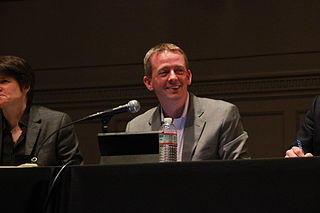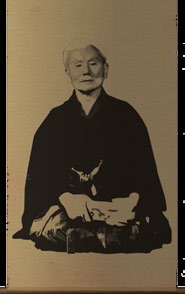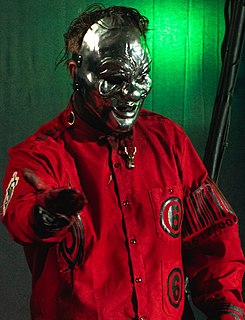A Quote by Rosabeth Moss Kanter
Lack of opportunity breeds dreams of escape. But professionals and managers who have invested in their careers do not leave the work force as frequently as discouraged workers in lower status occupations. Instead, they keep working, but they escape emotionally by defining achievement in professional, not company, terms. ... Thus, the potential for being stuck as career uncertainty grows takes its toll in weakening attachment to any particular employer.
Quote Topics
Achievement
Any
Attachment
Being
Breeds
Career
Careers
Company
Defining
Discouraged
Dreams
Emotionally
Employer
Escape
Force
Frequently
Grows
Instead
Invested
Keep
Lack
Leave
Lower
Managers
Opportunity
Particular
Potential
Professional
Professionals
Status
Stuck
Takes
Terms
Thus
Toll
Uncertainty
Weakening
Work
Workers
Working
Related Quotes
Faced with today's problems and disappointments , many people will try to escape from their responsibility. Escape in selfishness, escape in sexual pleasure, escape in drugs, escape in violence, escape in indifference and cynical attitudes. I propose to you the option of love, which is the opposite of escape.
Do not keep company with people who speak of careers. Not only are such people uninteresting in themselves; they also have no interest in anything interesting. . . . Keep company with people who are interested in the world outside themselves. The one who never asks you what you are working on; who never inquires as to the success of your latest project; who never uses the word career as a noun -- he is your friend.
It used to be that wealthy people were the leisure class, and having time off was a status symbol. That's switched now: being busy and overworked is the reality for many white-collar workers, and there's a kind of perverse currency to that, competitive busy-ness. At the other end of the income scale, there's a swath of lower-wage workers who are underemployed or unemployed, with too much unwanted leisure, and zero status for that. For shift workers, devices mean they're accessible in ways they weren't before, susceptible to that call from the boss to log more hours.
Most fast-food workers can't easily join a union, because they don't work directly for their parent company, such as McDonald's or Subway. Instead, they work for individual franchise owners, ensuring that each individual fast-food outlet would have to organize and win union recognition separately. So there's not one central employer to bargain with, as in a traditional union campaign.
When there are no avenues of escape or one is caught even before any attempt to escape can be made, then for the first time the use of self-defense techniques should be considered. Even at times like these, do not show any intention of attacking, but first let the attacker become careless. At that time attack him concentrating one's whole strength in one blow to a vital point and in the moment of surprise, escape and seek shelter and help.



































